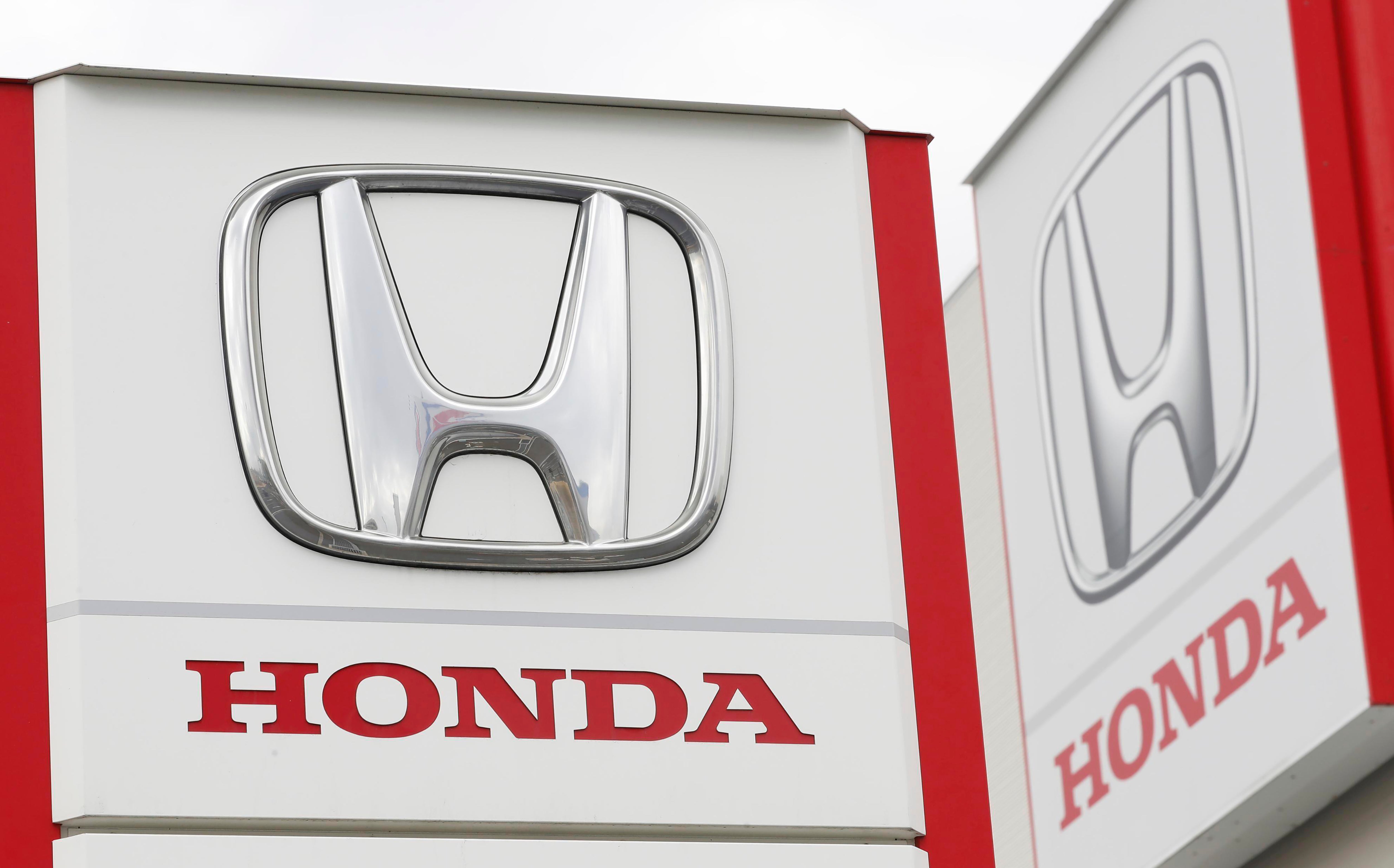Japanese automaker Honda revs up on EVs, aiming for lucrative US, China markets
Japanese automaker Honda is reaffirming its commitment to electric vehicles, investing 10 trillion yen, or $65 billion, through fiscal 2031

Your support helps us to tell the story
From reproductive rights to climate change to Big Tech, The Independent is on the ground when the story is developing. Whether it's investigating the financials of Elon Musk's pro-Trump PAC or producing our latest documentary, 'The A Word', which shines a light on the American women fighting for reproductive rights, we know how important it is to parse out the facts from the messaging.
At such a critical moment in US history, we need reporters on the ground. Your donation allows us to keep sending journalists to speak to both sides of the story.
The Independent is trusted by Americans across the entire political spectrum. And unlike many other quality news outlets, we choose not to lock Americans out of our reporting and analysis with paywalls. We believe quality journalism should be available to everyone, paid for by those who can afford it.
Your support makes all the difference.Japanese automaker Honda reaffirmed its commitment to electric vehicles Thursday, saying it will invest 10 trillion yen ($65 billion) through fiscal 2031 to deliver EV models around the world, including the U.S. and China.
“Honda has not changed its belief that EVs are the most effective solution in the area of small mobility products such as motorcycles and automobiles,” the Tokyo-based company said in a statement.
By 2030, battery EVs and fuel cell EVs will make up 40% of Honda Motor Co.’s global auto sales, and it will have global production capacity for more than 2 million EVs, it said.
The so-called “0 Series,” a key part of Honda’s EV strategy, will be a totally new EV series created from “zero,” Chief Executive Toshihiro Mibe told reporters in an online presentation.
The 0 Series will be introduced in North America in 2026 and then rolled out globally, with seven models launched by 2030. In China, Honda will introduce 10 EV models by 2027, with 100% of its auto sales there EVs by 2035.
“We will become a frontrunner in changing lifestyles to attain sustainability goals, not wait for someone else to tackle them,” Mibe told reporters.
Despite some talk of a slowdown in electric vehicles in some markets, the move toward EVs remains solid in the long run, becoming dominant in the latter half of the 2020s, according to Honda, which makes Acura and Civic sedans and Gold Wing Tour motorcycles.
Honda’s determination to pursue battery and fuel-cell EVs appears to contrast with domestic rival Toyota Motor Corp.’s more varied or “multiple” powertrains approach, focusing on hybrids and other models that still have engines.
Honda is keeping hybrids in its lineup as it ramps up output of EVs, beefing up battery production, and making them thinner, aiming for zero accidents, Mibe said.
Of the 10 trillion yen ($65 billion) investment in the works, about 2 trillion yen ($13 billion) will go into research and development on software and another 2 trillion yen ($13 billion) into setting up comprehensive EV value chains in key markets such as the U.S., Canada and Japan.
About 6 trillion yen ($39 billion) will go into “monozukuri,” or “the art of making things” in Japanese, such as the construction of next-generation EV production plants, electrification of motorcycles and EV model development, the company said.
Mibe stressed Honda’s various partnerships, such as the one on developing EVs and intelligent driving technology with Japanese rival Nissan Motor Co., announced earlier this year.
Honda announced Wednesday it signed a deal with IBM to work together on computer chips and software for future vehicles, meeting the upcoming demand for better processing and lower power consumption.
“We are steadily and surely moving ahead to be prepared for electrification,” Mibe said.
___
Yuri Kageyama is on X: https://twitter.com/yurikageyama